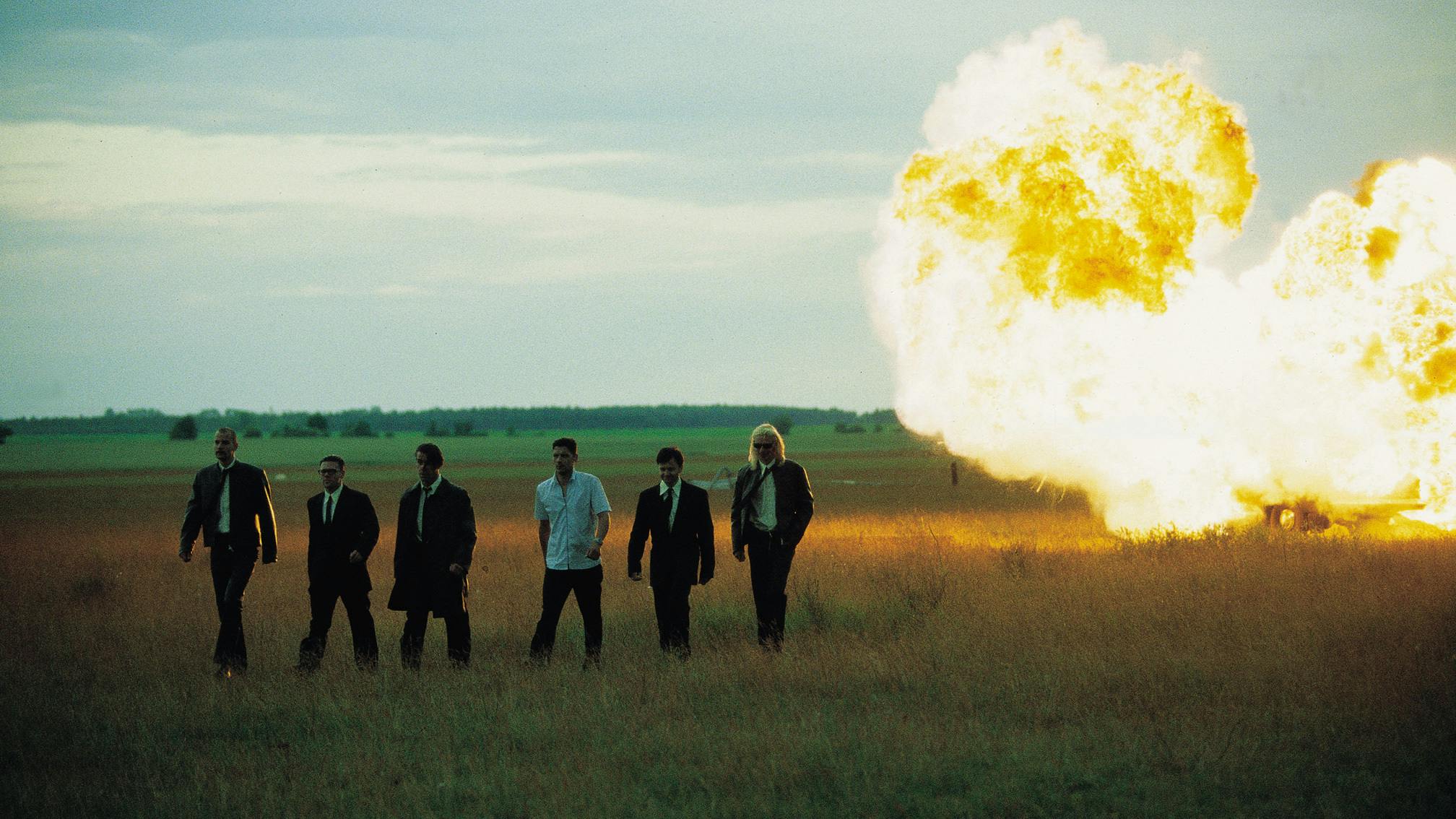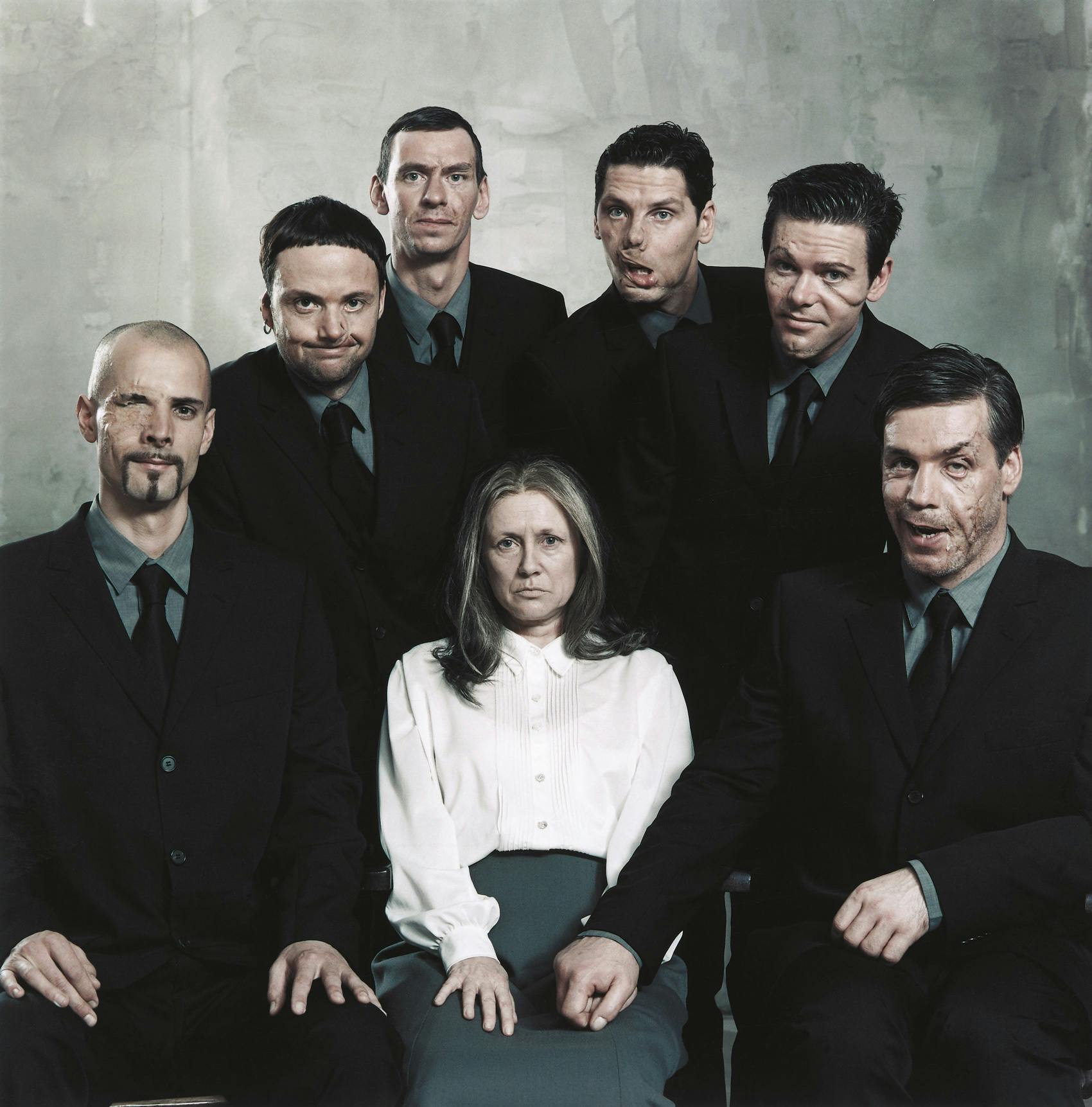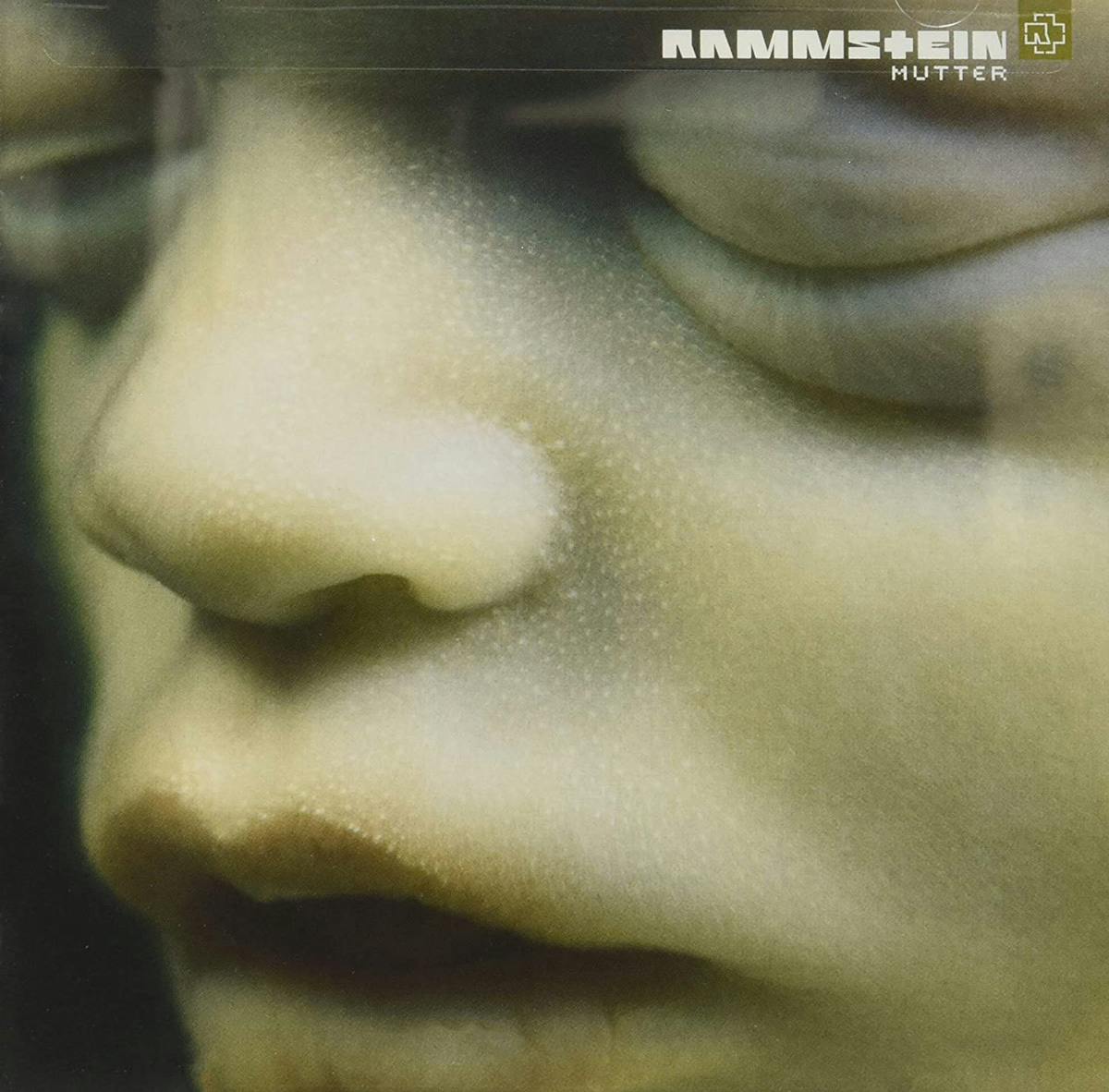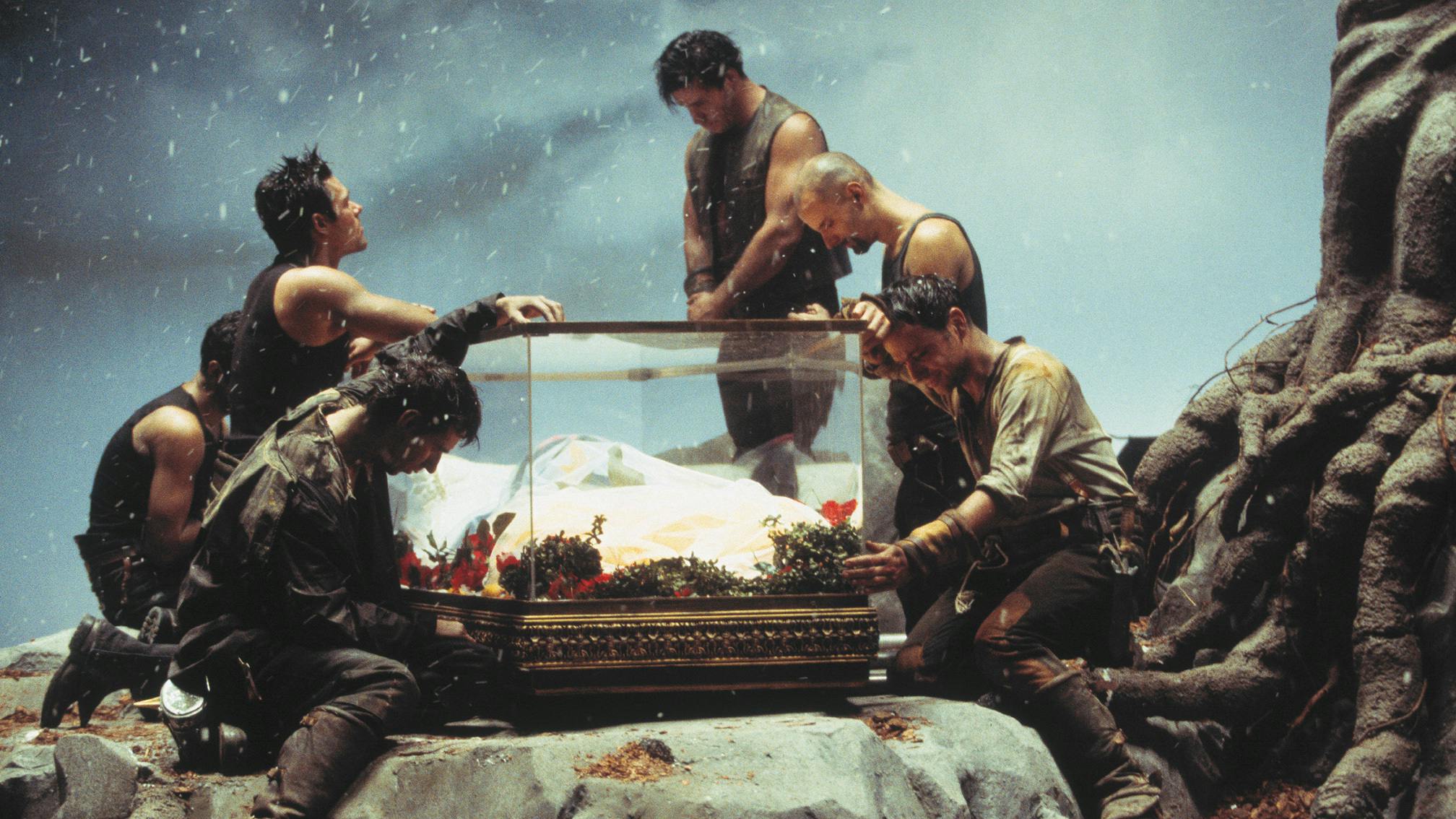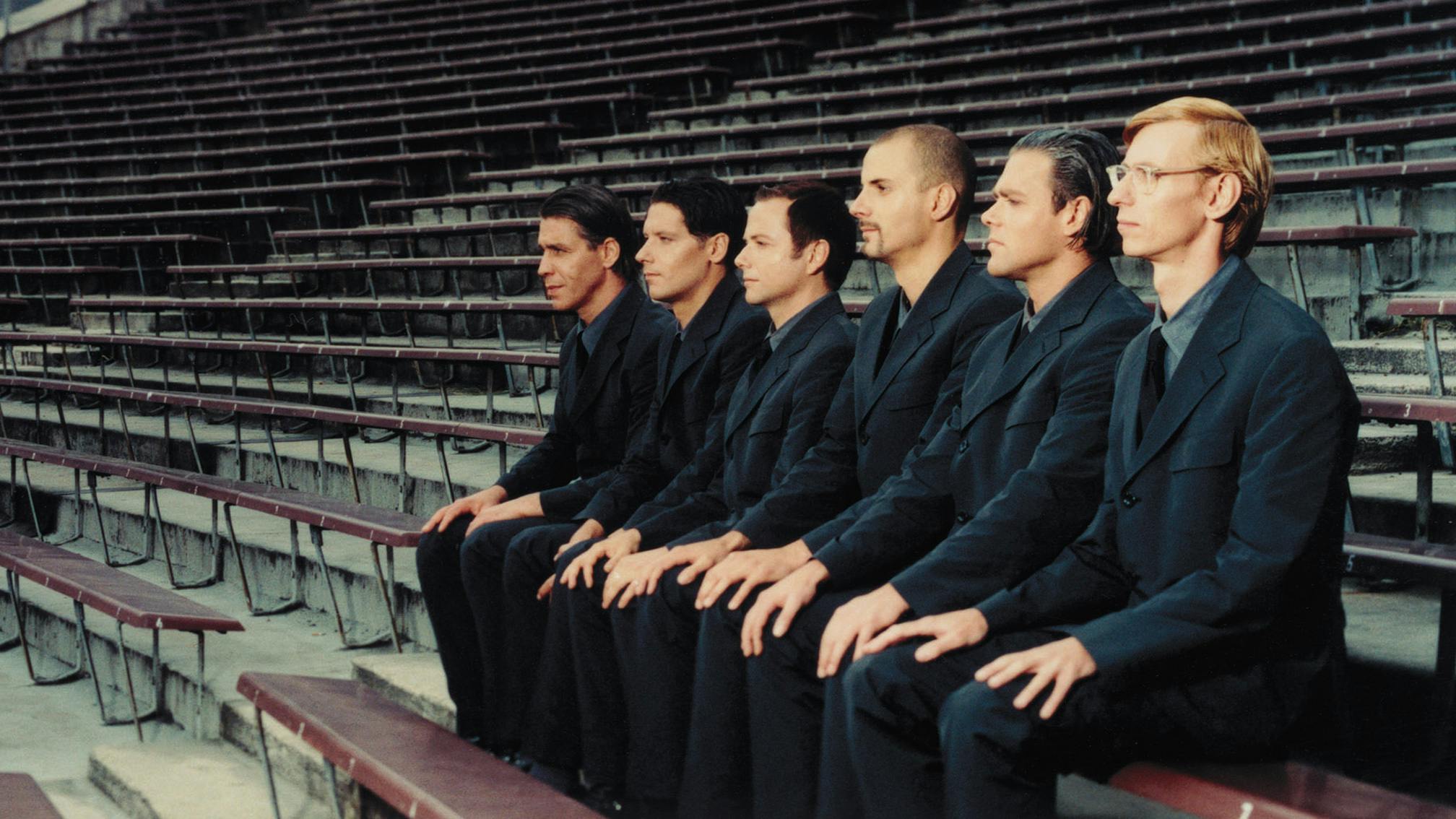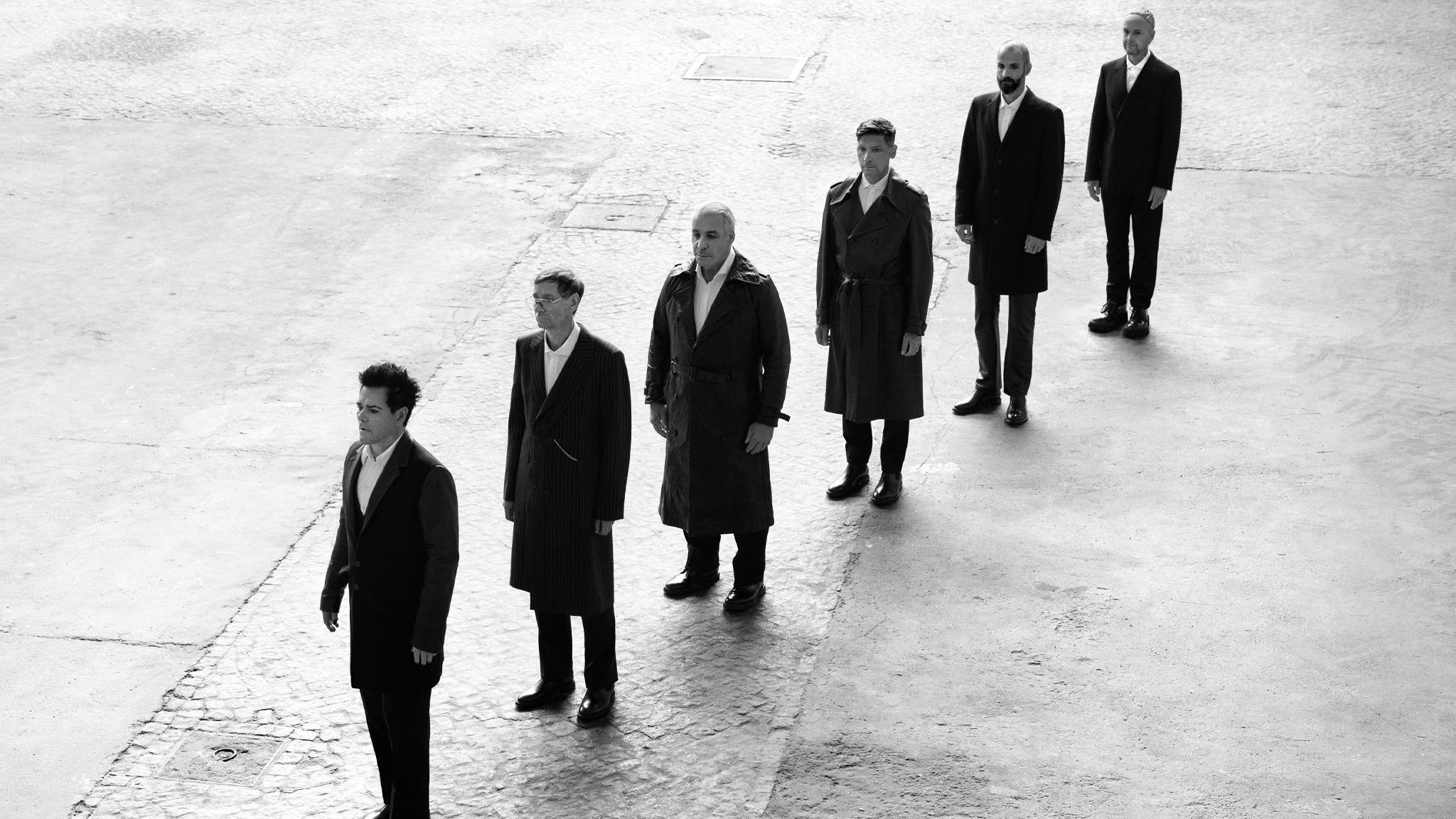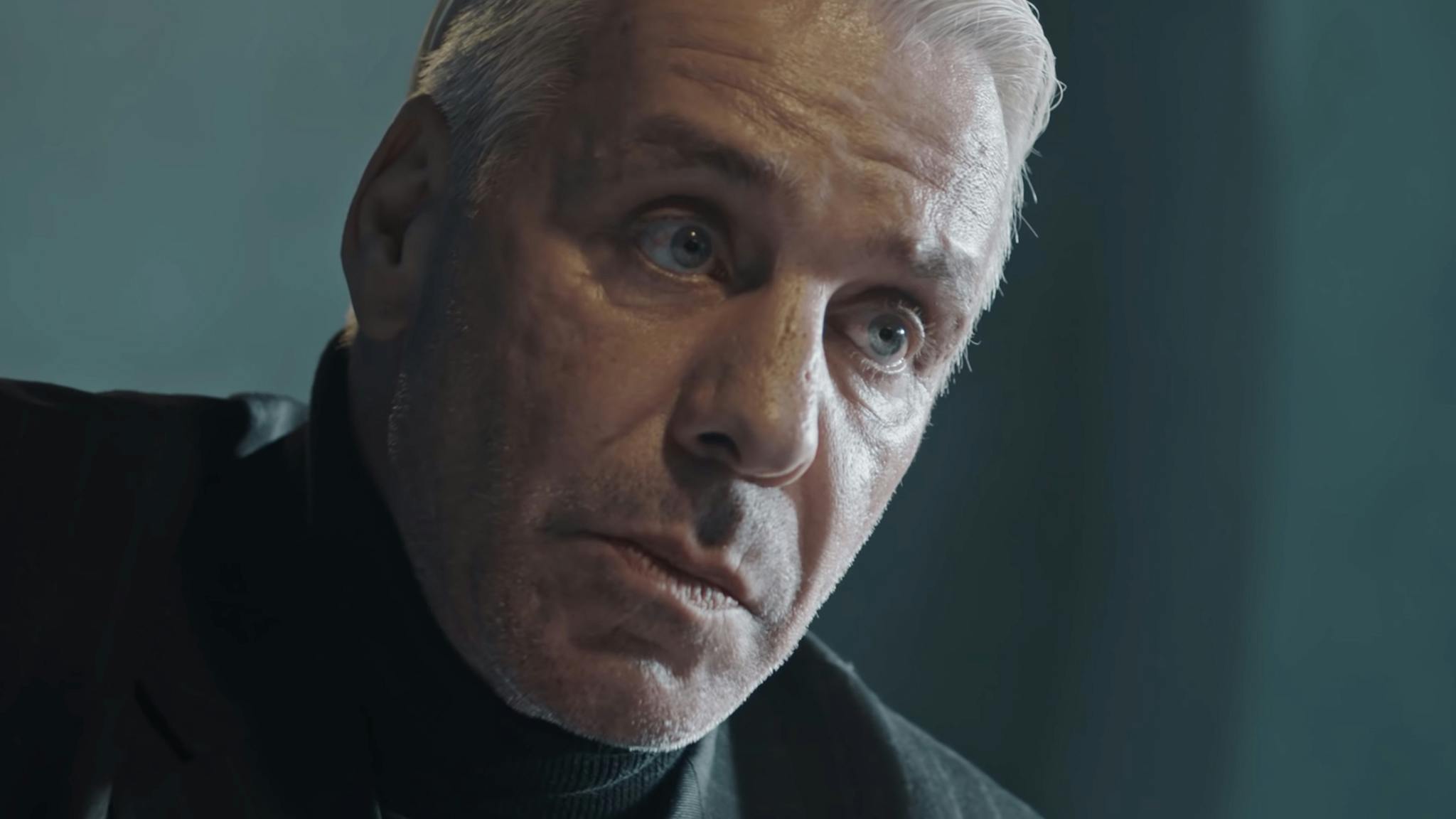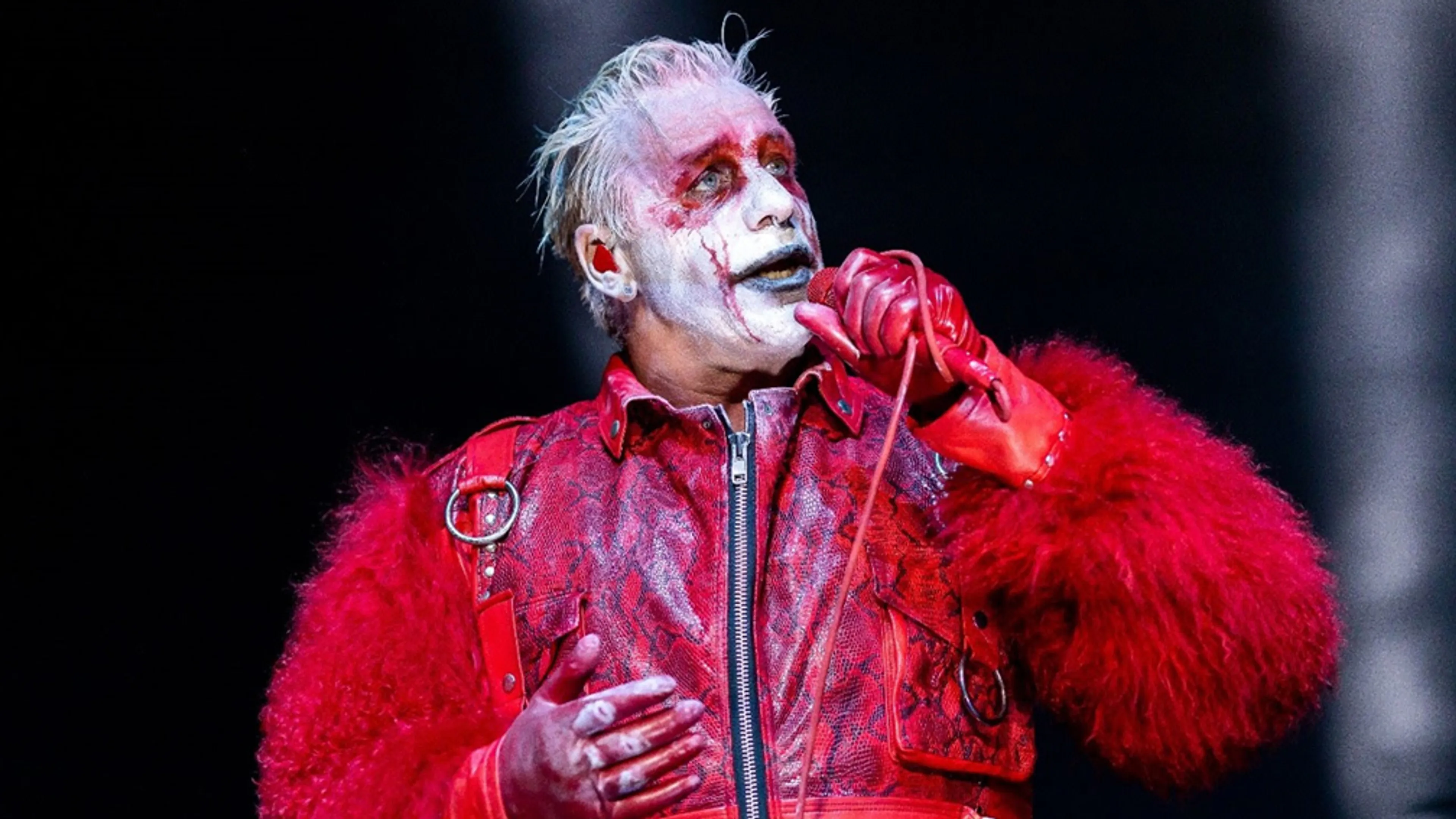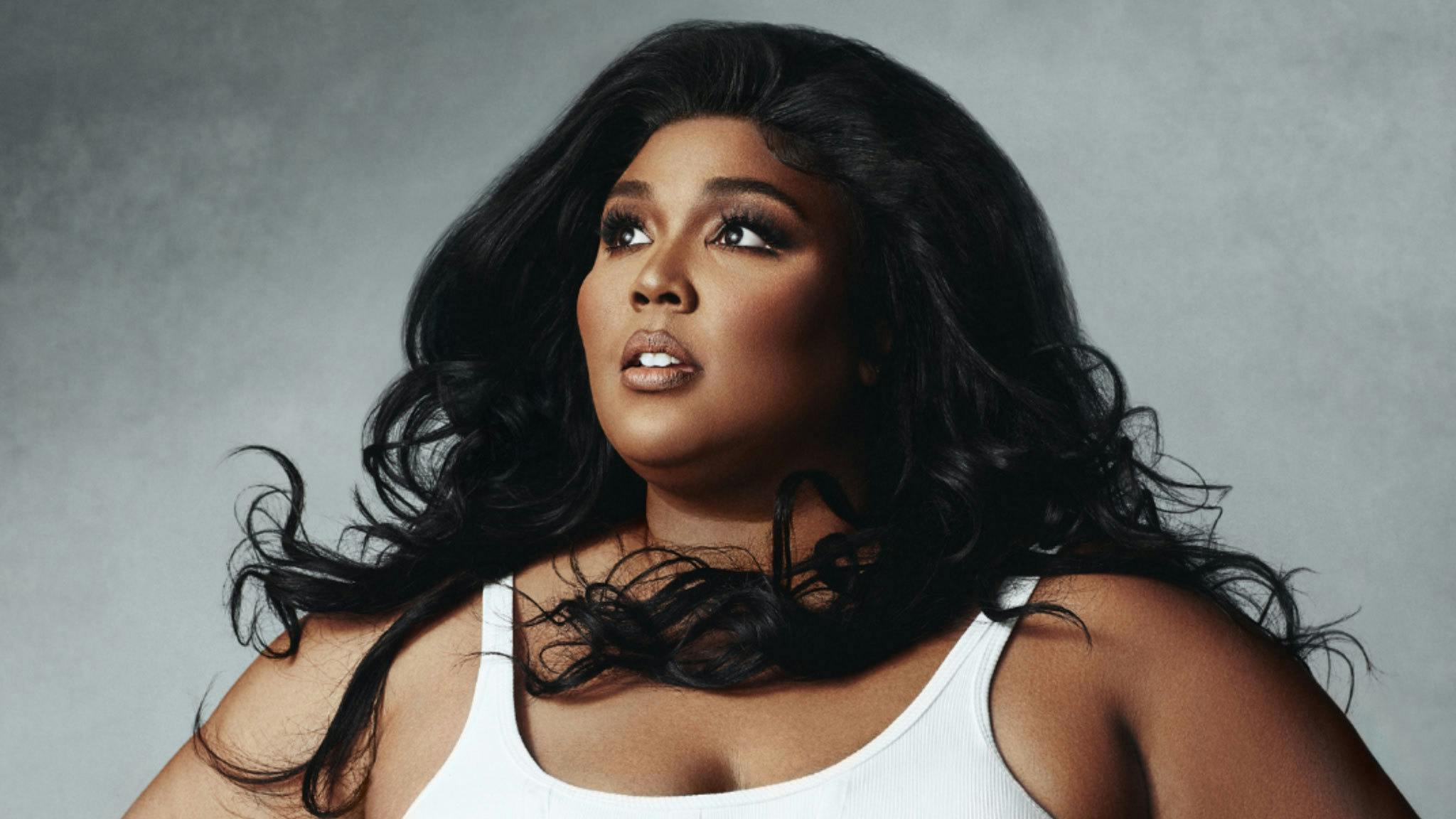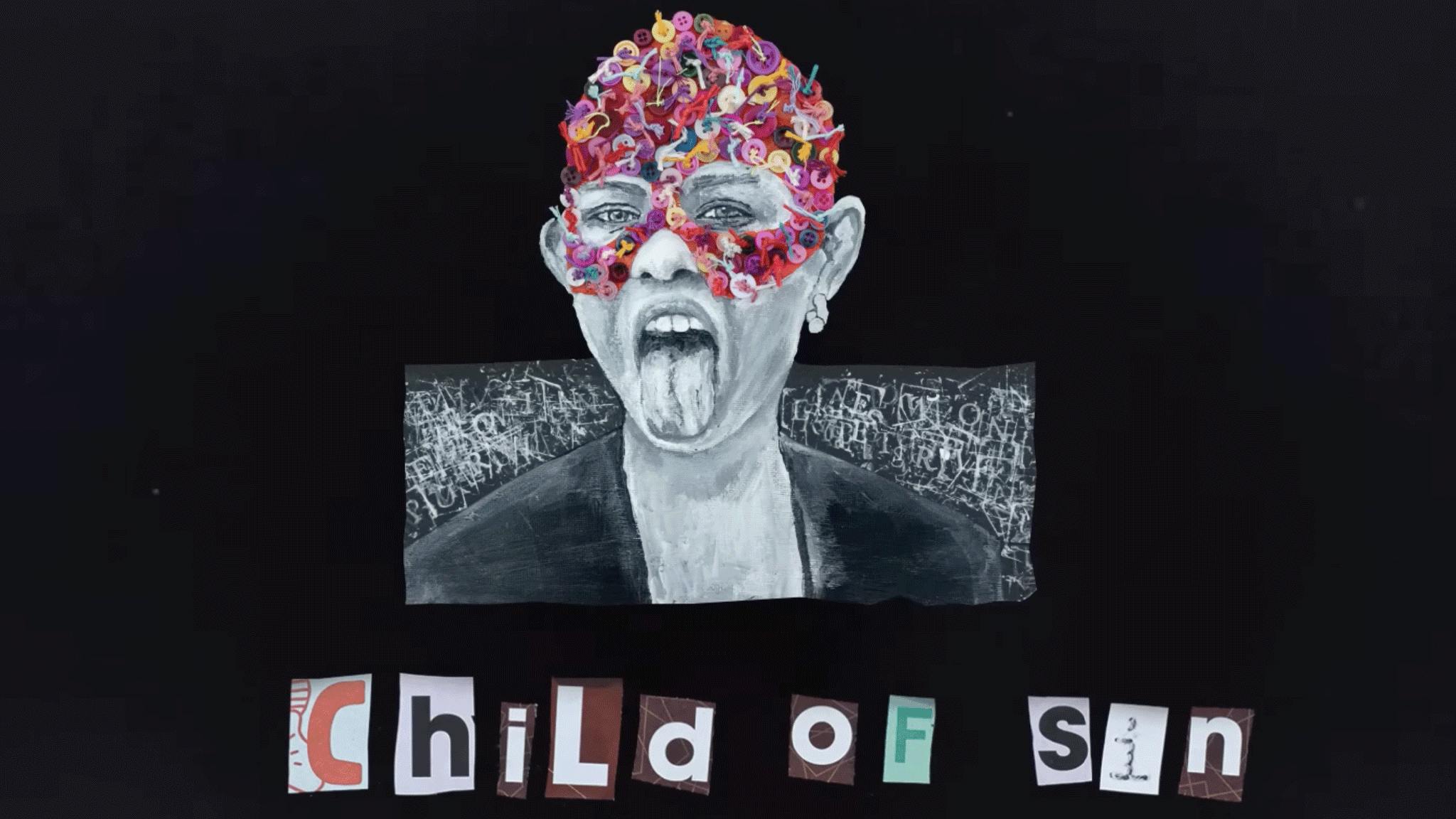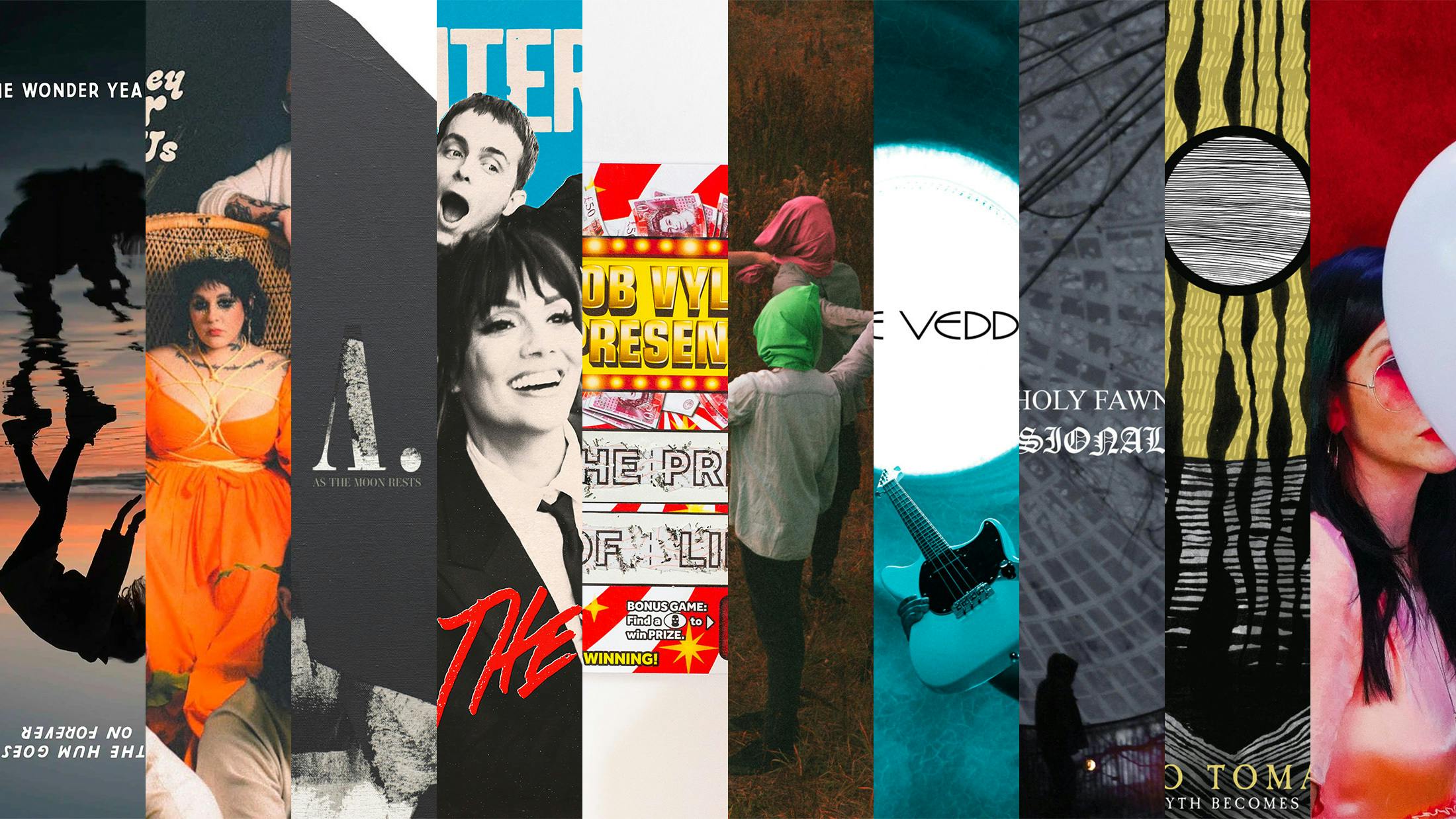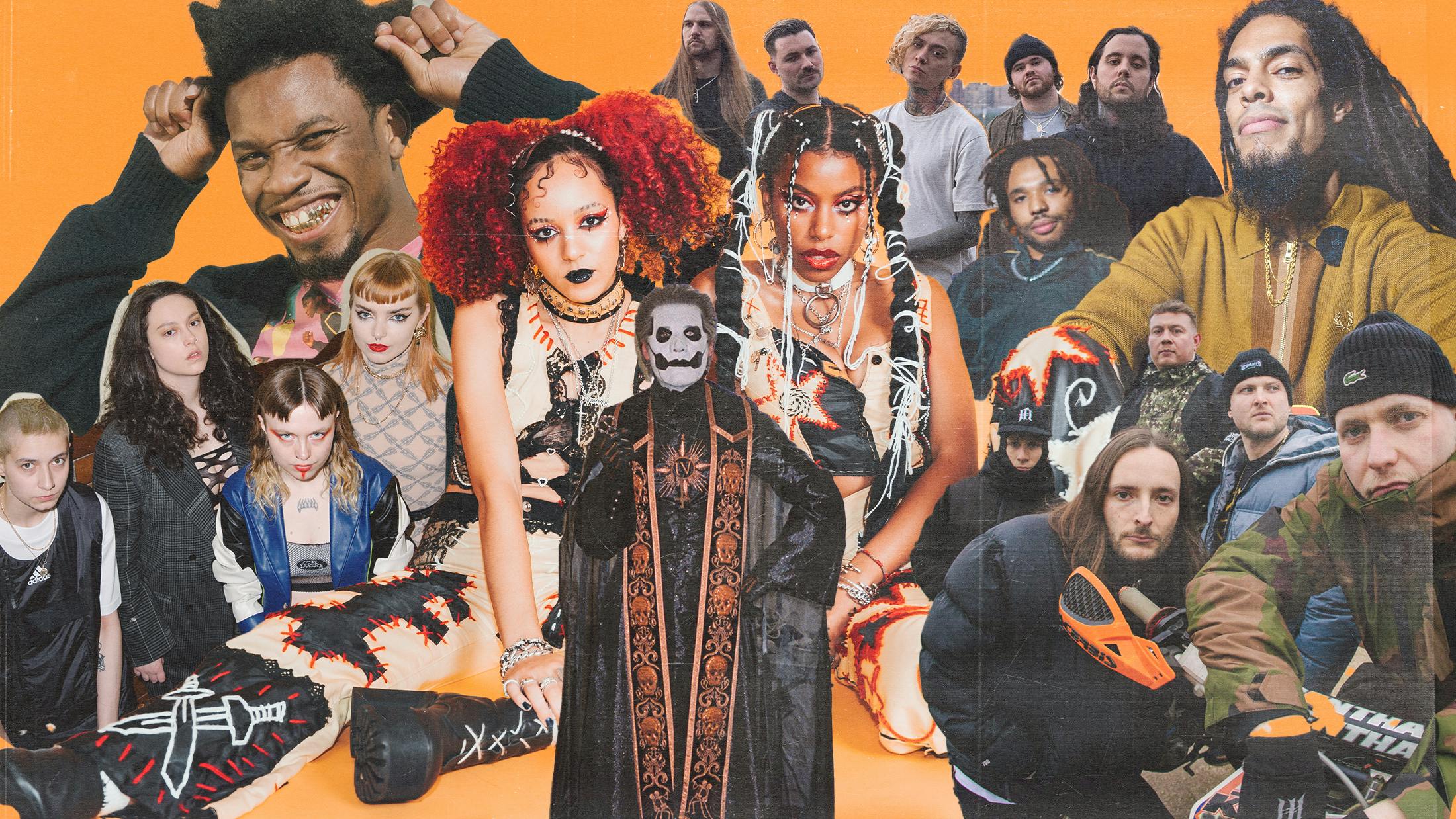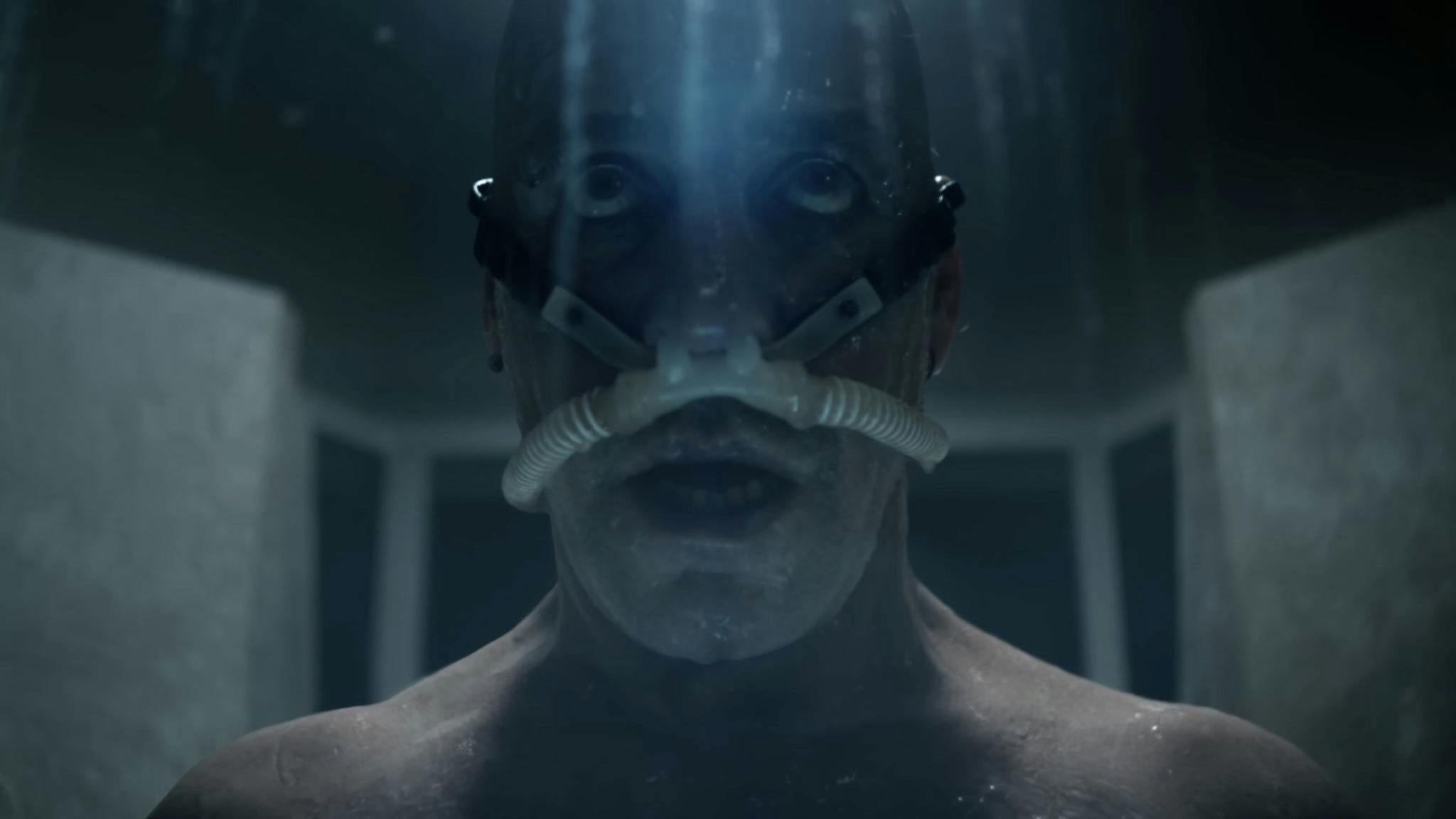For the video accompanying their cover of Depeche Mode’s Stripped, the band had elected to use footage from Reich-era German filmmaker Leni Riefentsahl’s work Olympiad, from the 1936 Berlin Olympics. Riefentsahl had become a particular favourite of Hitler’s, after filming the 1934 Nuremberg rally for the infamous Nazi propaganda film Triumph Of The Will. It was meant to be artistic provocation. Not everyone saw it that way.
“I think you can describe us as being young and naive as far as that situation goes… We were attacked by the press and we felt very helpless, and that was down to our naivety,” explained Paul Landers. “But from my point of view we did the right thing. We have always taken things to the extreme – extreme texts, extreme shows – behaved in an extreme fashion, and we’ve always tried to be provocative. Our lyrics can be interpreted in different ways, but never leaning to the right. But if you present lyrics that can be interpreted in different ways than you can only expect that people will interpret them in different ways.”
“We are a deliberately provocative band,” said Christoph. “And the high point of our provocation, of course, was that Leni Riefenstahl video. And we did that because we wanted to shock the people who thought we were from the right; like, if you think that’s how we are then, here, have something that will really shock you. Looking at it from today’s point of view though, it’s not something we would do again.”
As a riposte, Mutter included the song Links 2 3 4, in which Till sings over a marching, martial beat of how, in fact, Rammstein face the Left, and had been smeared by those misreading their art - ‘Sie wollen mein Herz am rechten Fleck / Doch sehe ich dann nach unten weg / Da schlägt es in der linken Brust / Der Neider hat es schlecht’ (‘They want my heart in the right place / But when I look down / It's beating in my left breast / The jealous were wrong’).
